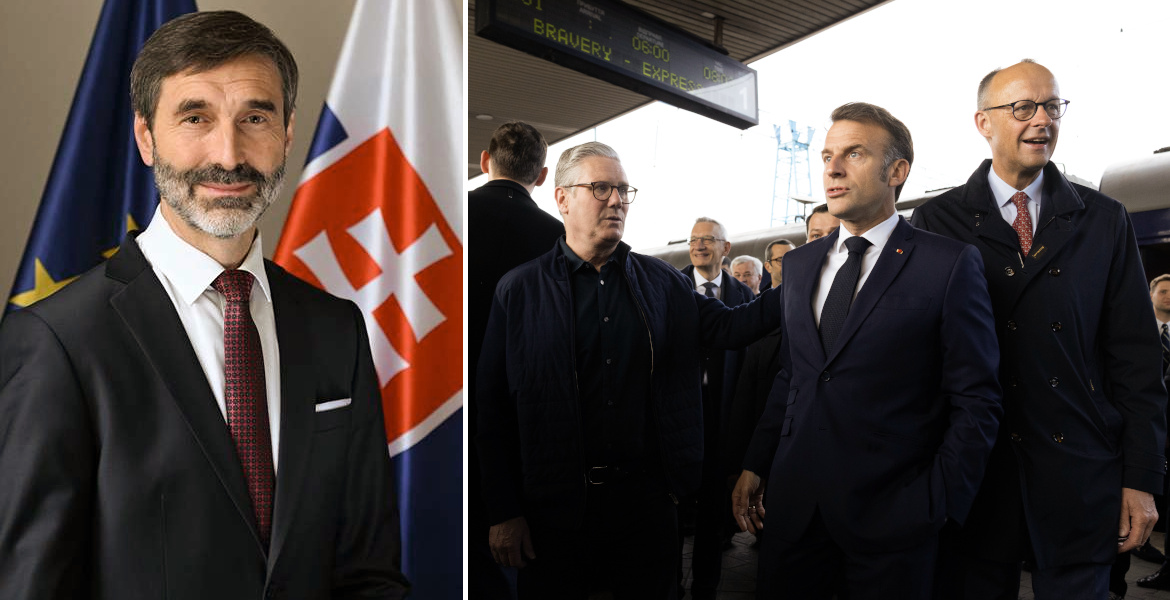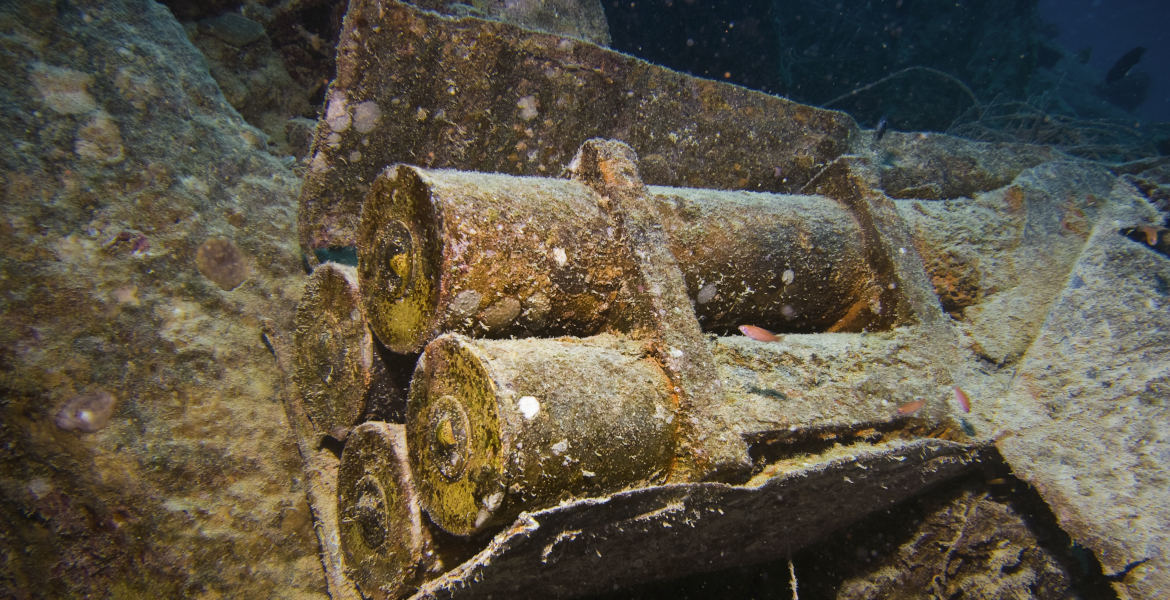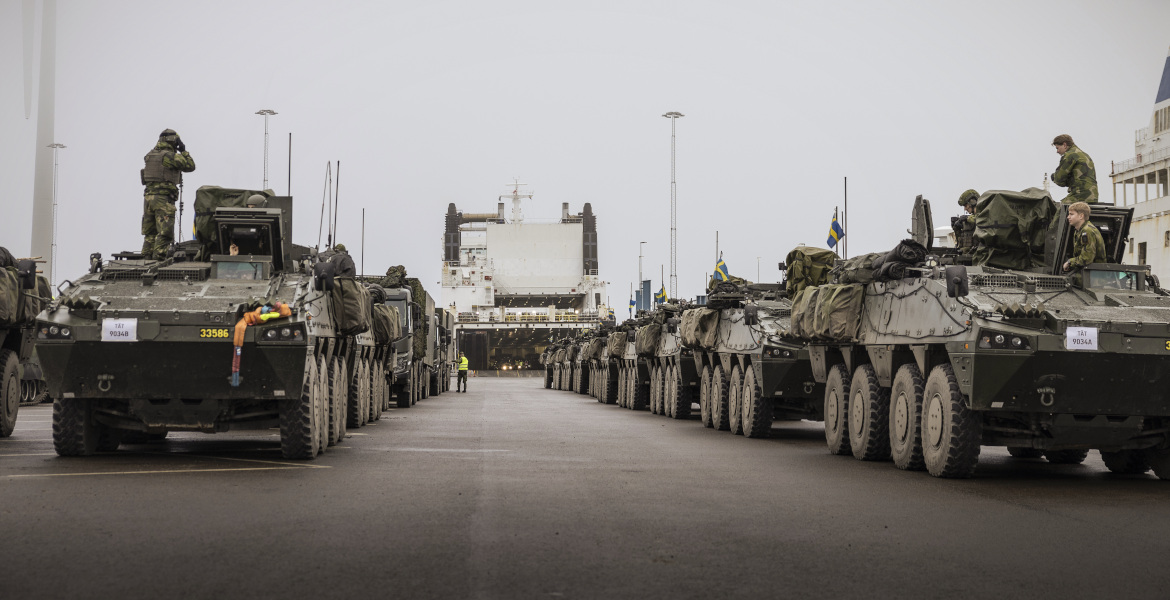Sweden is building up its military like never before – but it’s far from certain that the investments will have the desired effect. Weapons manufacturers’ prices for arms and ammunition have soared, and a large part of the military build-up risks being consumed by increased costs.
– Then we won’t become more dangerous to the adversary, emphasizes Vice Admiral Ewa Skoog Haslum, Chief of Joint Operations at the Swedish Armed Forces.
According to the Swedish Armed Forces, the war in Ukraine has shown how quickly ammunition and weapon systems are consumed in modern conflicts, and Sweden’s own stockpiles are dimensioned for training and deterrence – not for prolonged combat.
– When it comes to ammunition, we may not have bought as much as we would need in actual combat. Instead, we’ve bought what we think we need for training and maintaining sufficient deterrence, Skoog Haslum tells TT news agency.
To meet the threat, stockpiles must be built up, and Swedish defense industry must be able to quickly scale up production if war breaks out.
Defense industry positive about closer collaboration
The development of new weapons is also accelerating. In Ukraine, for example, new weapon systems, such as marine drones, have been met with countermeasures within just four to six weeks. In Sweden, however, it can take years – sometimes decades – from order to delivery.
To shorten lead times, the Swedish Armed Forces wants to test unfinished products directly in exercises, in close collaboration with the defense industry.
– I believe we’ll become better as Armed Forces, but I also think the industry would develop faster, the Vice Admiral continues.
Defense industry representatives are positive, and Lena Gillström, CEO of Swedish defense company BAE Systems Bofors and chairperson of the Security and Defense Companies Association, sees great benefits in reducing the distance between users and developers.
– By maintaining close dialogue with those who use the systems, we can also see which problems need to be solved. I believe this will be crucial for achieving speed in the system, she says.
She is prepared to send company engineers to exercises to adjust gun turrets and artillery systems in the field – something that currently happens very rarely.
Swedish Parliament wants to borrow €27 billion
As more countries build up their military, the demand for both weapons and ammunition increases – and consequently, prices rise. Ewa Skoog Haslum sees a clear risk that the increased defense allocations won’t translate into actual combat power.
– Absolutely, it’s a risk, and then we won’t get more capability for the Armed Forces. Then we won’t become more dangerous to the adversary, instead we’ll have spent the money on more expensive items, she explains.
The defense budget for 2025 amounts to 143 billion SEK (€13 billion) – a ten percent increase compared to the previous year. This corresponds to 2.4 percent of GDP according to NATO’s calculation model. But to reach NATO’s new goals – 3.5 percent for military defense plus 1.5 percent for civil defense – an additional 70 billion SEK (€6.2 billion) per year is required.
The Swedish Parliament is prepared to borrow up to 300 billion SEK (€27 billion) to accelerate the military build-up and reach the goals by 2032. Of this amount, 50 billion SEK (€4.5 billion) is earmarked for civil defense.









